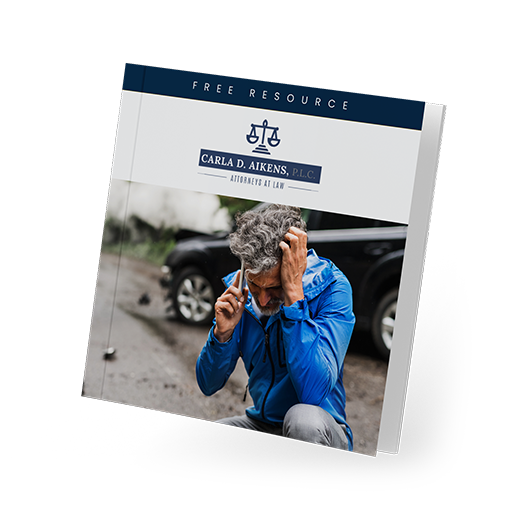
Personal Injury Protection, or PIP, benefits are a form of benefits granted and guaranteed to you by the Michigan No-Fault Act. Because every driver is required to have insurance for their vehicle, everyone on the road in Michigan – even those who don’t have cars of their own – can benefit from PIP benefits. Unfortunately, most people aren’t aware of the fact that they even have this very useful resource available to them.
Why Haven’t I Heard of PIP Benefits?
The reason behind this is simple and stems from how PIP benefits function. When you get into an accident in a no-fault state like Michigan, you will file a claim with your own insurance company, instead of the insurance of the at-fault driver, as in many other states. While the no-fault system was intended to be simpler and was supposed to mean that claims are processed quickly, with a higher chance of success, your insurance company can avoid paying benefits to you if you’re not aware that you’re entitled to them. Not surprisingly, insurance companies, therefore, are not going to tell you that you can get PIP benefits after you have an accident, unless you know to ask.
What do PIP Benefits Provide?
There are several advantages to PIP benefits, but the most important is that they will cover any “reasonably necessary” medical expenses, with no maximum amount (unless you have purchased limited coverage). While “reasonably necessary” can obviously mean different things to different people, your insurance should cover all injuries resulting from an accident.
PIP benefits also include compensation for income lost from the inability to work after an accident. If your injuries prevent you from working, PIP benefits will compensate you for up to 85% of your lost income, for up to three years. There is an upper limit on the amount that can be recovered, which changes every year. Currently, the maximum monthly amount of wage loss that can be recovered as PIP benefits is $6,065. It’s worth noting that the law does not specify that you must be completely unable to work, but instead that you will be compensated for work you would have been able to perform if the accident had not occurred. Any income you receive during this period, however, may reduce the amount recoverable.
PIP benefits also provide up to $20 per day for replacement services for a period of three years, which are services you normally would have performed yourself but are now unable to do, due to injury. This could include hiring a babysitter to care for your children, or even a cleaning service if you’re now unable to clean the house or do your family’s laundry.
You can also receive payment for what’s called “attendant care” – for example, assistance with bathing, grooming, toileting, meal preparation, physical therapy assistance, and monitoring. This can be performed by a friend or family member (“unskilled” care) or an agency or nursing service (“skilled care”). The difference between replacement services and attendant care is not always clear, but the latter can be understood as services to help you recover, while replacement services are typically services you would have provided for others or your household but no longer can do because of the accident.
While PIP benefits can cover a lot of your issues after an accident, they don’t solve everything, and unfortunately, the likelihood is high that your insurance company will challenge your claim at some point. If you sustained serious injuries from an accident, or your insurance company refuses to pay for your medical bills, contact Carla D. Aikens, P.L.C. today. We can assist with no-fault and PIP claims and have successfully tried cases when insurance companies refuse to pay.
Carla D. Aikens, P.L.C.
Latest posts by Carla D. Aikens, P.L.C. (see all)
- What Happens When Products Fail Basic Safety Standards? - March 29, 2024





